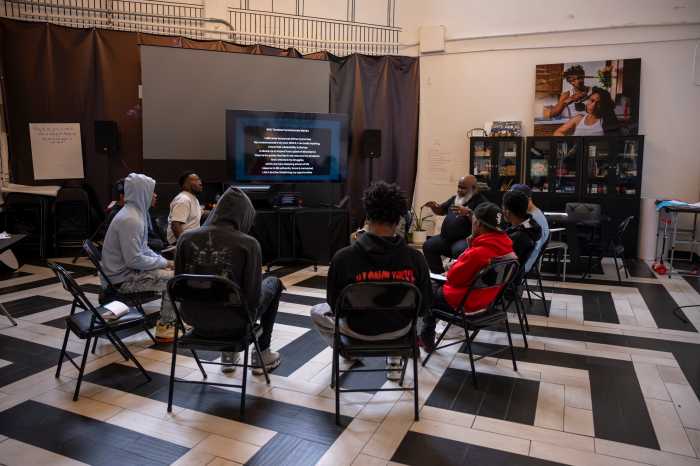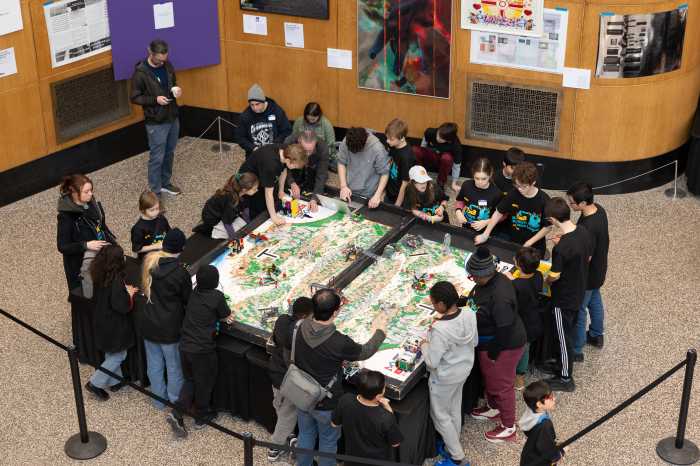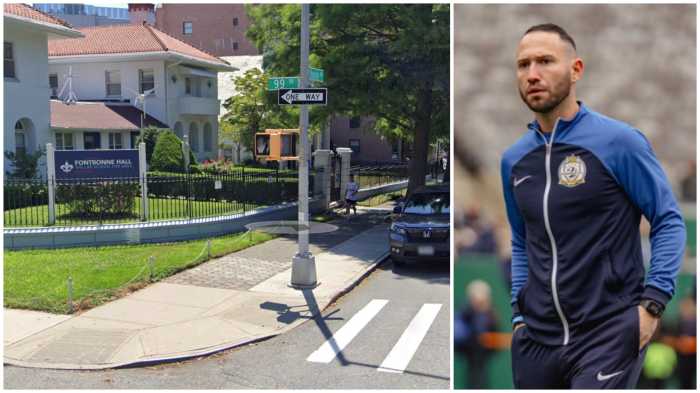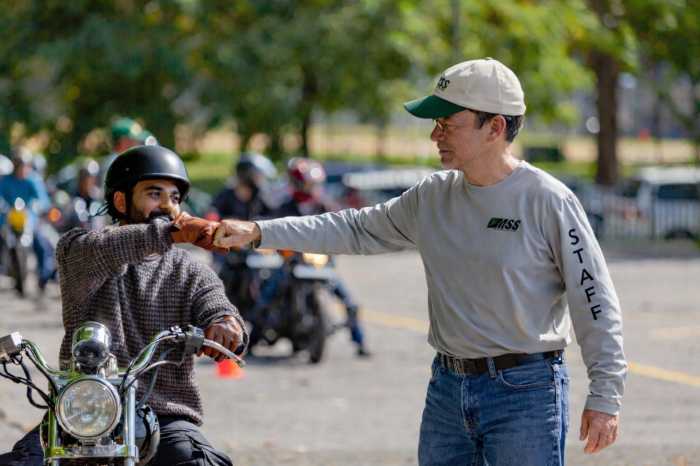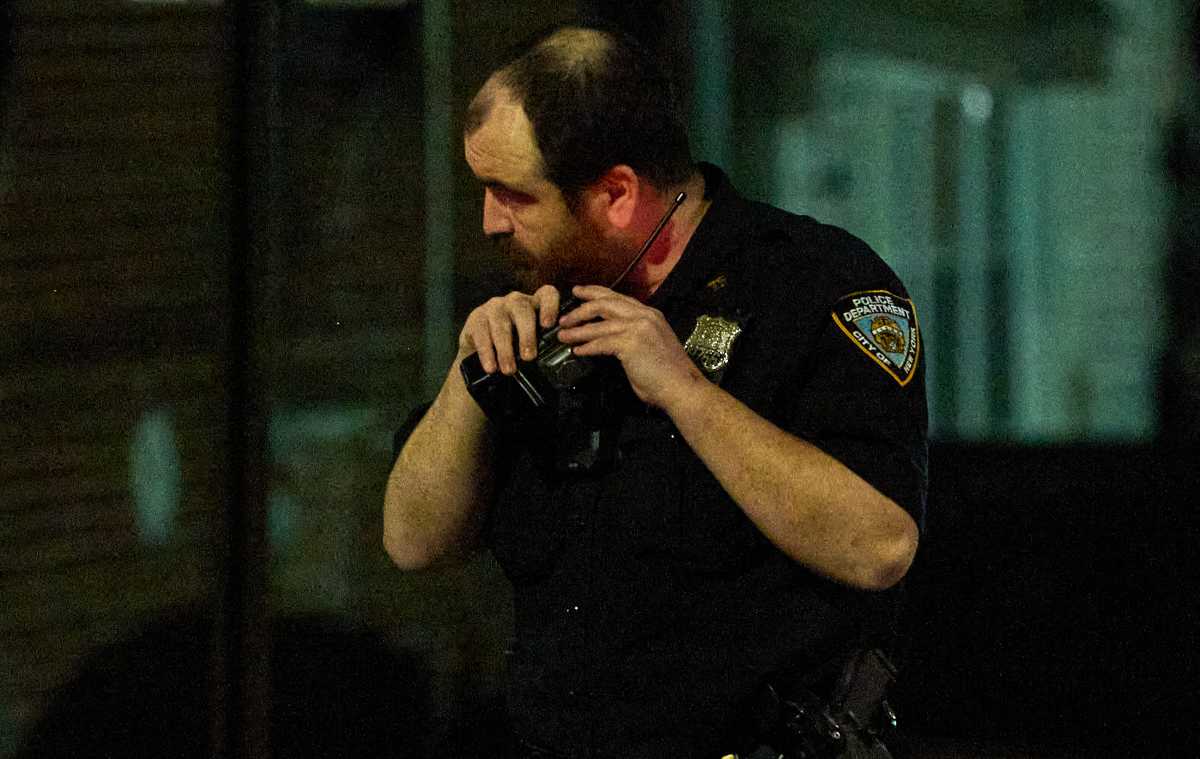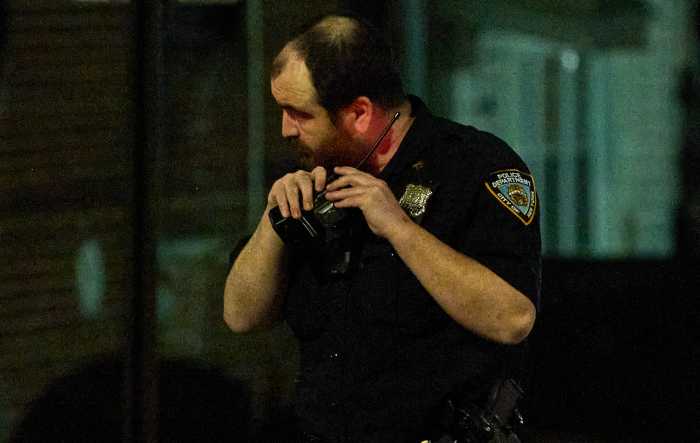When my girls were younger, I let them fall on their faces and wasn’t bothered at all. In fact watching them fail — in a performance, school, sports — and handle the consequences felt totally appropriate. They were teachable moments, like solving a conflict in the sandbox or trying to make a cake for the first time.
But recently, as my high school junior struggled to get her term papers done, and knowing her reports this year could well determine where she goes to college, the stakes seemed too high to let her rise or crash on her 17-year-old abilities. But as I reached into my parental toolbox to help her when so much was on the line, I was crushed to find out that there is little I can do to ensure her success.
My kids have always been responsible for their schoolwork. Sure, I’ve helped out, typing a few paragraphs or staying up to finish gluing the science project that took too long to make. What they turn in, though, is theirs, no matter how much it makes me cringe. I fondly remember my younger daughter’s third-grade teacher who made her redo crinkled and smudged homework again and again, until my girl got the message. There have been music recitals that didn’t go so well because there was a lack of practice. All this seemed fine, the natural order of things.
With age, when you screw up, the risks increase. When my daughter started babysitting I felt I should be on-call, since the worst case could mean life or death. Same with hiking trips that became more adventurous. If she was tired or didn’t have the right equipment, she could come home in a stretcher, or worse.
Back then, there were always ways I could help, be it researching programs or buying them better hiking boots. I kept them from parties if there was too much to get done in a weekend, and dragged them out of bed on Saturday mornings even if they didn’t want to go to their soccer games.
Now that my oldest is 17, my influence is waning. I say, “you really need to get this paper done.” She replies with the right words but not the right actions. As I turned up the pressure, she got testy and I became sharp. But the work wasn’t getting done any faster.
Maybe I’m just not willing to use enough authority, like taking away her cellphone or turning off the internet. Maybe I should use words like “grounded,” “suspended,” or “house arrest” to get my point across although I’m sure the ensuing arguments would have sidetracked her even more. In the end, since I couldn’t write those papers for her, there was only so much I could do, and it really wasn’t much.
So if she was going to turn those papers in late, it was her mess to make and her’s to fix. If she ends up at a college further down her wish list, so be it. What’s hard is that after years of feeling like I was choosing when and how to help and protect her, it’s her choice now to accept my assistance or not. She has to face bigger and more serious consequences from the choices she makes. I have to face less and less of a role in the outcome. It may be the natural order of things, but it’s hard to get used to.
Read The Dad every other Thursday on BrooklynPaper.com.



